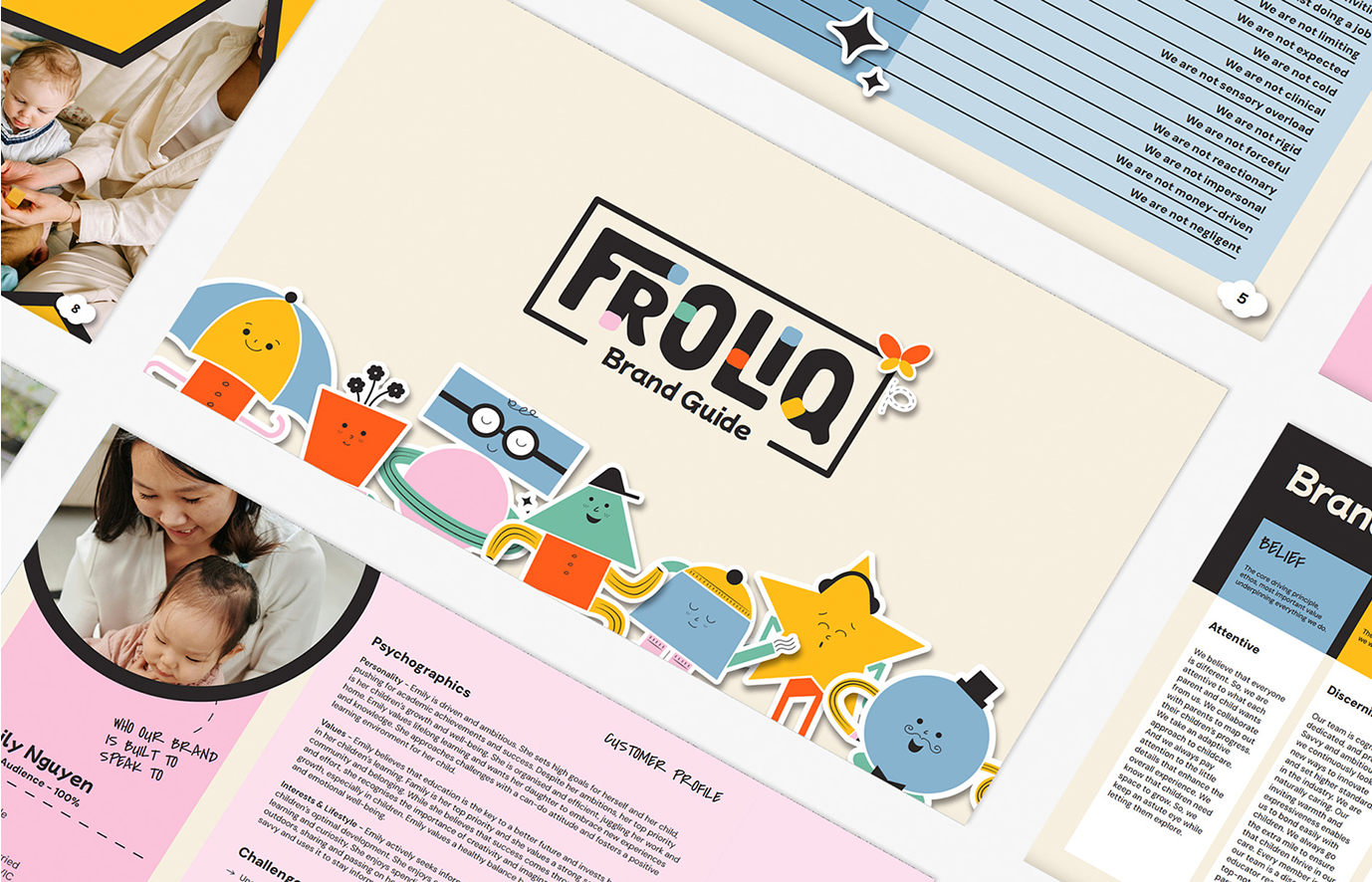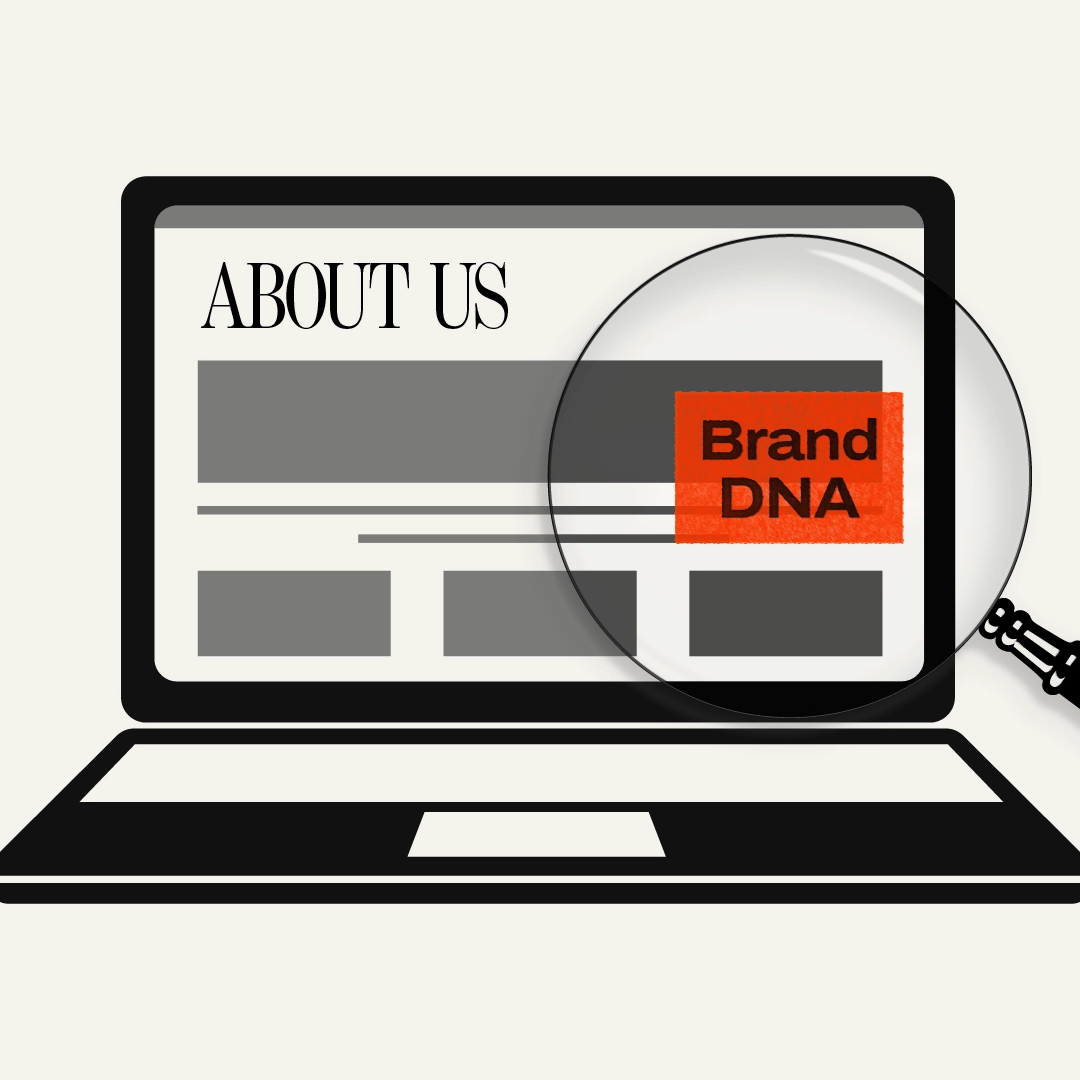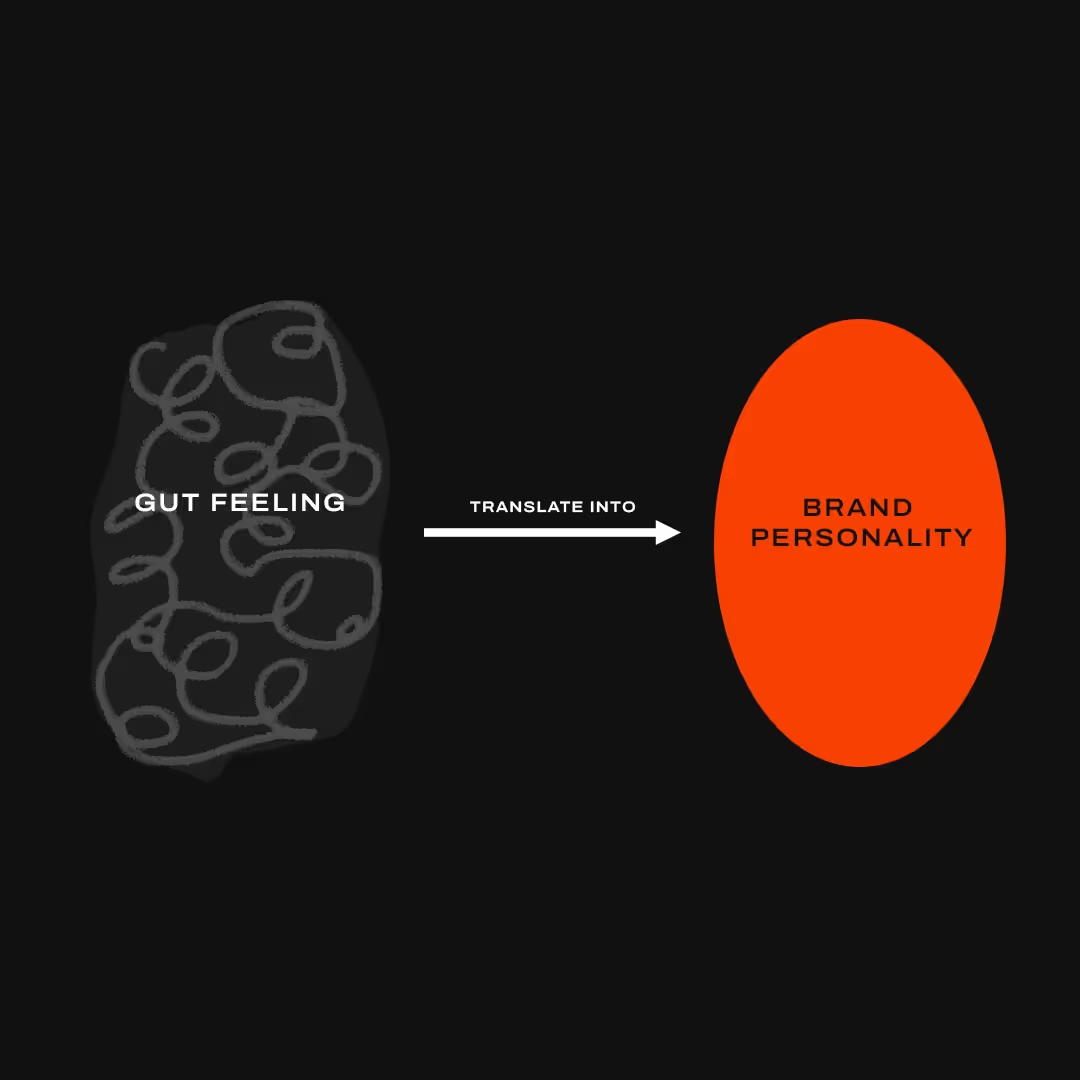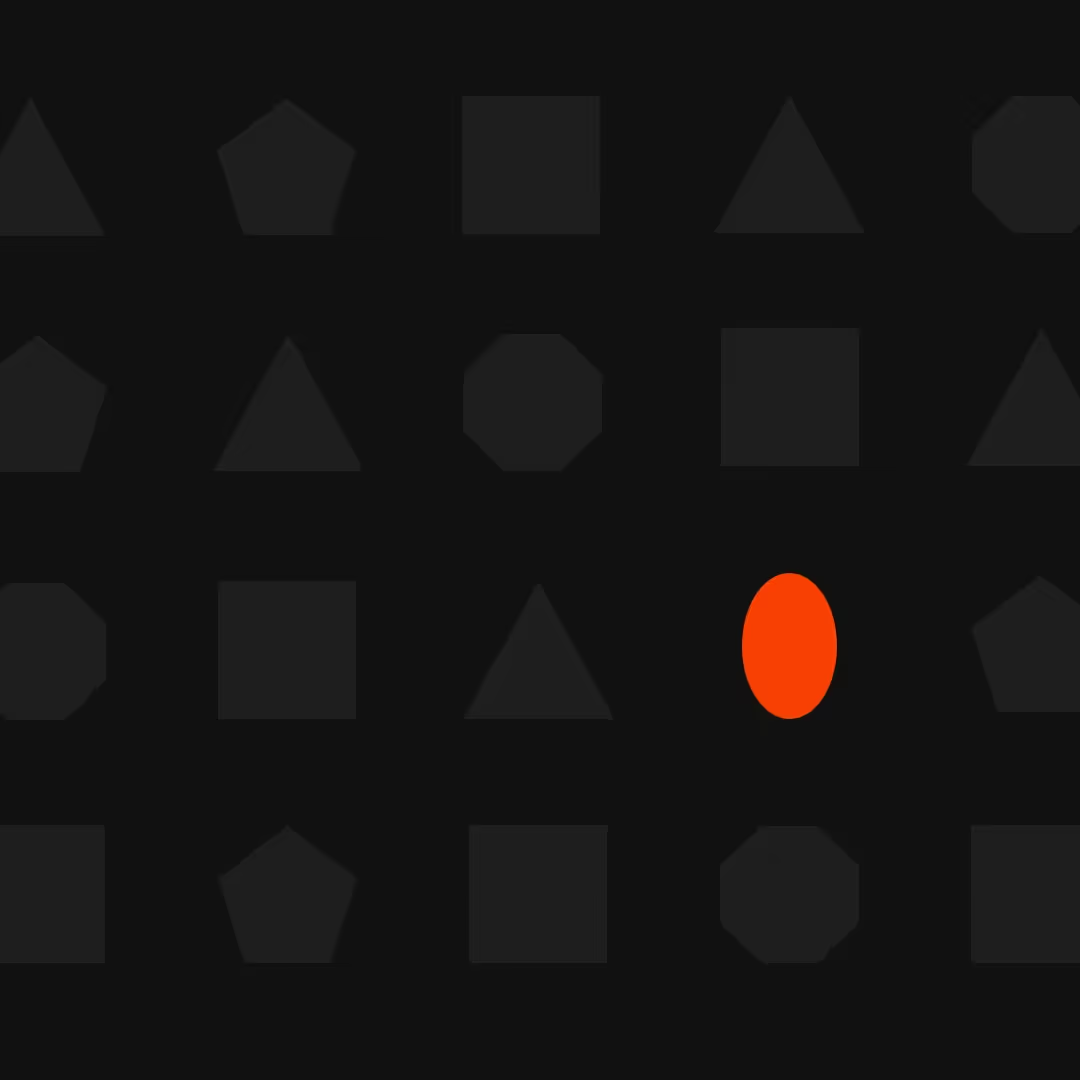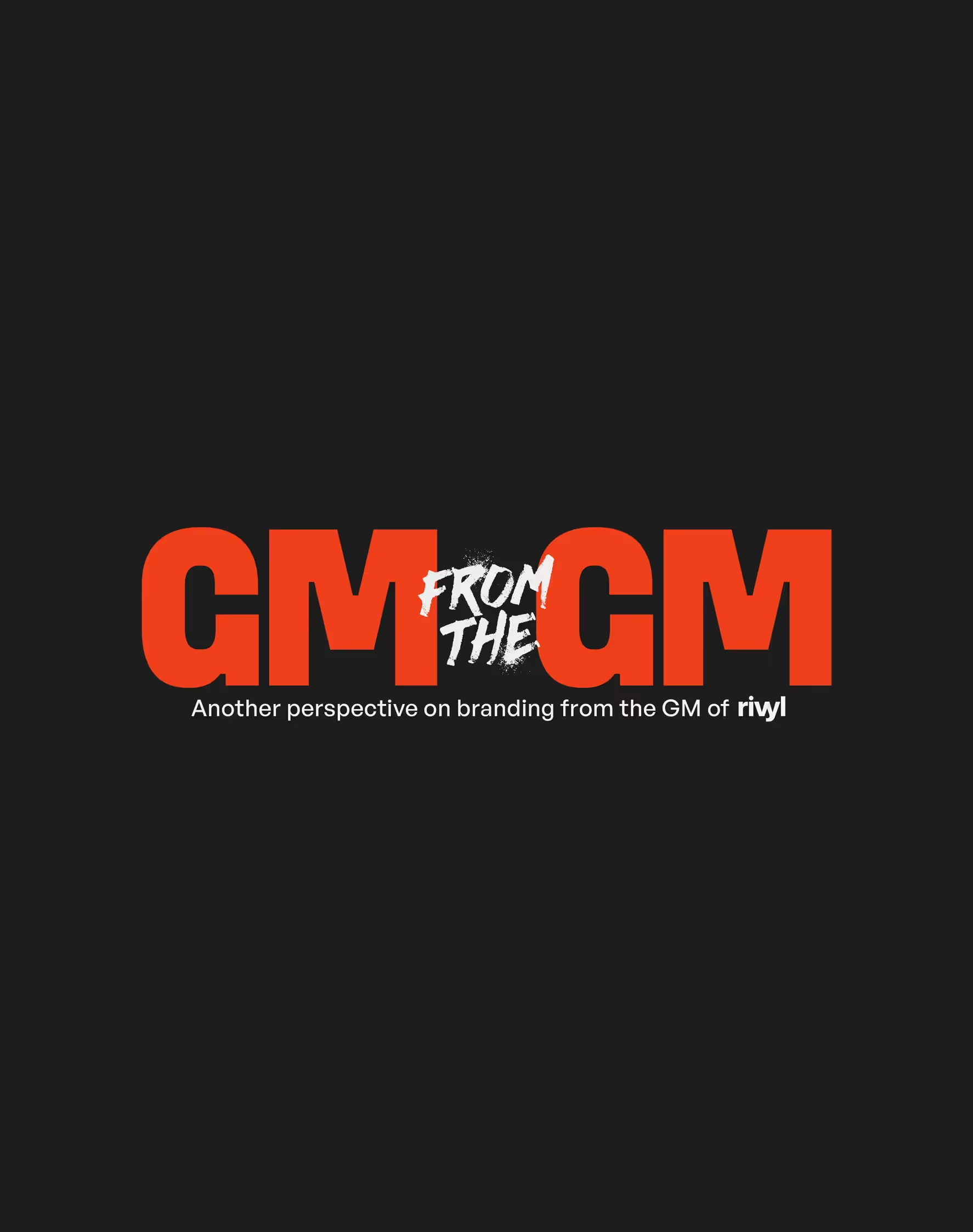Types of Brand Names: Find the right fit for you
What's in a name? Everything when it comes to branding! A strong brand name can set your business apart from the competition.


What's in a name? Everything when it comes to branding! A strong brand name can make or break a business, setting it apart from the competition and establishing a unique identity in the marketplace. Don't leave the success of your brand up to chance - choose a name that accurately represents your products or services and resonates with your target audience.
What is a brand name?
A brand name is a unique term used to identify a product, service, or company. It is an important aspect of marketing and branding, as it helps to differentiate a company's offerings from its competitors and establish a distinct identity in the marketplace.
There are several types of brand names, each with its own distinct characteristics and advantages. Understanding these different types can help businesses choose the right brand name for their products or services, and stand out from the crowd.
Descriptive

Descriptive names are names that describe the products or services offered by a company. These types of names are often chosen by companies to clearly communicate the nature of their business and create a unique identity in the marketplace. Descriptive brand names are straightforward and are used to establish credibility and trust with consumers.
One downside of using a descriptive brand name is that it may be less memorable or distinctive than other types of names, and therefore harder for a company to stand out in an already competitive market.
Here are some examples of descriptive brand names that have been effective in the marketplace:
- Staples
- Budget Rent a Car
- Dairy Queen
- Holiday Inn
- Office Depot
- Anytime Fitness
- The Body Shop
- Whole Foods
- Toys “R” Us
- The Weather Channel
Invented

Invented brand names are completely fictional words or phrases that make a brand stand out due to their uniqueness and distinctiveness.
One advantage of creating a fictitious brand name is that it allows the company to create an entirely new identity for itself. Because invented names have no associations, specific meaning, or connotations, a company can control how consumers perceive the brand. Invented names are also easier to trademark, as they aren’t already being used by other companies.
Here are some of the most well-known invented brand names:
- Xerox
- Kodak
- Skype
- Asus
- Acer
- Doritos
- Udesly
- Pepsi
Evocative

Brand names that are evocative fall between descriptive and non-descriptive terms. These are chosen by companies to convey a specific idea or emotion to their audience without being too obvious. Apple, Visa, and Nike are some examples of evocative brand names. They're designed to evoke specific feelings or associations in the minds of consumers. However, there's no guarantee that these names will elicit the desired response in all customers, so it's important for companies to invest in strong branding to ensure that their message is effectively conveyed.
Here are more examples of brands with evocative names:
- Harley-Davidson: rebellion, freedom, and adventure
- Häagen-Dazs: luxury, indulgence, and sophistication
- Airbnb: home, comfort, and community
- Dropbox: reliability, convenience, and organization
- eBay: accessibility, variety, and opportunity
- Etsy: creativity, uniqueness, and handmade products
- Samsung: innovation, quality, and reliability
- Sony: innovation, quality, and entertainment
- Uber: convenience, reliability, and luxury
- Visa: accessibility, convenience, and security
Lexical

Lexical names are memorable because they make use of wordplay. They include puns, phrases; compound words; alliteration (the repetition of initial consonant sounds); onomatopoeia (words that mimic the sound associated with what they describe—for example: splash, woof, boing, gargle, clap, or zap) and intentional misspellings.
Lexical names are great for capturing the attention of your customers, who may be more likely to remember them than their literal counterparts. They help create a unique personality, pique your customers’ interest, and create an identity that is fun and playful.
Some examples of brands using the lexical style are:
- Bing
- Hershey's Kisses
- Coca-Cola
- Dunkin' Donuts
- Reese's Pieces
- Butterfinger
- Zapier
- Lyft
- Krispy Kreme
- Zoom
Compound

Compound brand names are names that are formed by combining different words together. Some examples of compound names are:
- PayPal
- FedEx
- Netflix
- Microsoft
- Snapchat
- YouTube
- Webflow
Something to note here is that when you combine words together, it’s important to remember that the resulting term might mean something else in another country. So it is important to check that your name translates well across all borders.
Acronymic

Acronym brand names are names that are formed from the initial letters of a series of words. These names can be easy for consumers to remember, but may be less unique or meaningful compared to other types of brand names.
Some well-known examples of acronym brand names are:
- IBM
- NASA
- AT&T
- GM
- HBO
- UPS
- BMW
- DJI
- BP
- HP
Alphanumeric

Alphanumeric brands are brands that consist of both alphabetic and numeric characters. They can be a combination of words and numbers, such as eBay or 3M, or a combination of just letters and numbers, such as T3 or A4. Alphanumeric brand names can create a unique and memorable brand identity, but it's important to consider whether an alphanumeric brand name will be easy for consumers to pronounce and remember. as well as whether it will be appropriate for the brand's target market.
Here are some companies that have successfully used alphanumeric brand names:
- 3M
- 7-Eleven
- Forever 21
- 23 and Me
- 24 Hour Fitness
- 7Up
- 20th Century Studios
- Office 365
- 42 Below
- 76 Gas
Geographical

Geographical brand names are brand names that are derived from the name of a place. These types of brand names can be effective in establishing an authentic connection to local culture and pride for a brand.
The use of geographical names can be a powerful way to appeal to a local audience, and highlight the history or foundations of your brand. They are particularly useful if there is a specific connection between that place and your product or service. For example, New York is considered modern and cutting edge, Paris or Milan is associated with luxury and fashion, and when it comes to food, California or Australia is associated with freshness.
Here are more specific examples of geographical brand names:
- Kentucky Fried Chicken
- London Fog
- Texas Instruments
- Tokyo Milk Cheese Factory
- Australian Gold
- Brooklyn Brewery
- Komatsu
- Vermont Teddy Bear Company
- Camac Harps France
- Nokia
Modern

Modern brand names are names that are more contemporary and may be seen as more up-to-date or fashionable. These names may be more suitable for companies that are targeting younger audiences or that want to be perceived as innovative or cutting-edge. Modern brand names may be more abstract or use unconventional spelling or word combinations, and they may be less tied to the company's history or origins.
The word “Asus” is considered modern because it's short, minimalist, and immediately engaging. Misspelled words, like “Mynt,” are also highly modern in the eyes of some consumers.
A modern company name can create a new, fresh image for your business, regardless of how long you’ve been around.
Here are more examples of modern brand names:
- Uber
- Airbnb
- Dropbox
- Spotify
- Slack
- Adobe
- Hootsuite
- HubSpot
- Canva
- GoPro
Founder

Founder brand names are derived from the names of the founders of a company and can be used to establish personal connections with customers. They can help make customers feel as though a brand is authentic and trustworthy.
For instance, a company founded by John Smith and Mary Jones might be called "Smith & Jones," with the founders' names forming the brand. Other companies might use the founder's last name as the brand name, such as "Ford" or "Ferrari."
Here are some great examples of Founder brand names:
- Lamborghini
- Tupperware
- Johnson & Johnson
- Procter & Gamble
- Levi Strauss & Co.
- Warner Bros
- Dell
- Lockheed Martin
- Boeing
- Smith & Wesson
Before you go
Taking the time in choosing the right fit among the different types of brand names can make a huge difference in the success of a company(and may save you a ton of money). Ultimately, the right brand name can be a powerful tool for building and maintaining strong commercial success.
So take your time when considering the various options and pick a brand name that truly represents what you want your company to stand for. If after all this you still can't figure out what your name and identity will be, we can help you do some deeper soul-searching so you could really lock-in that brand name that's uniquely yours.
And when we finally find the right fit, your brand can inspire, engage, and connect with your audience in a meaningful way, propelling your company to new heights of success.
The Accelerator
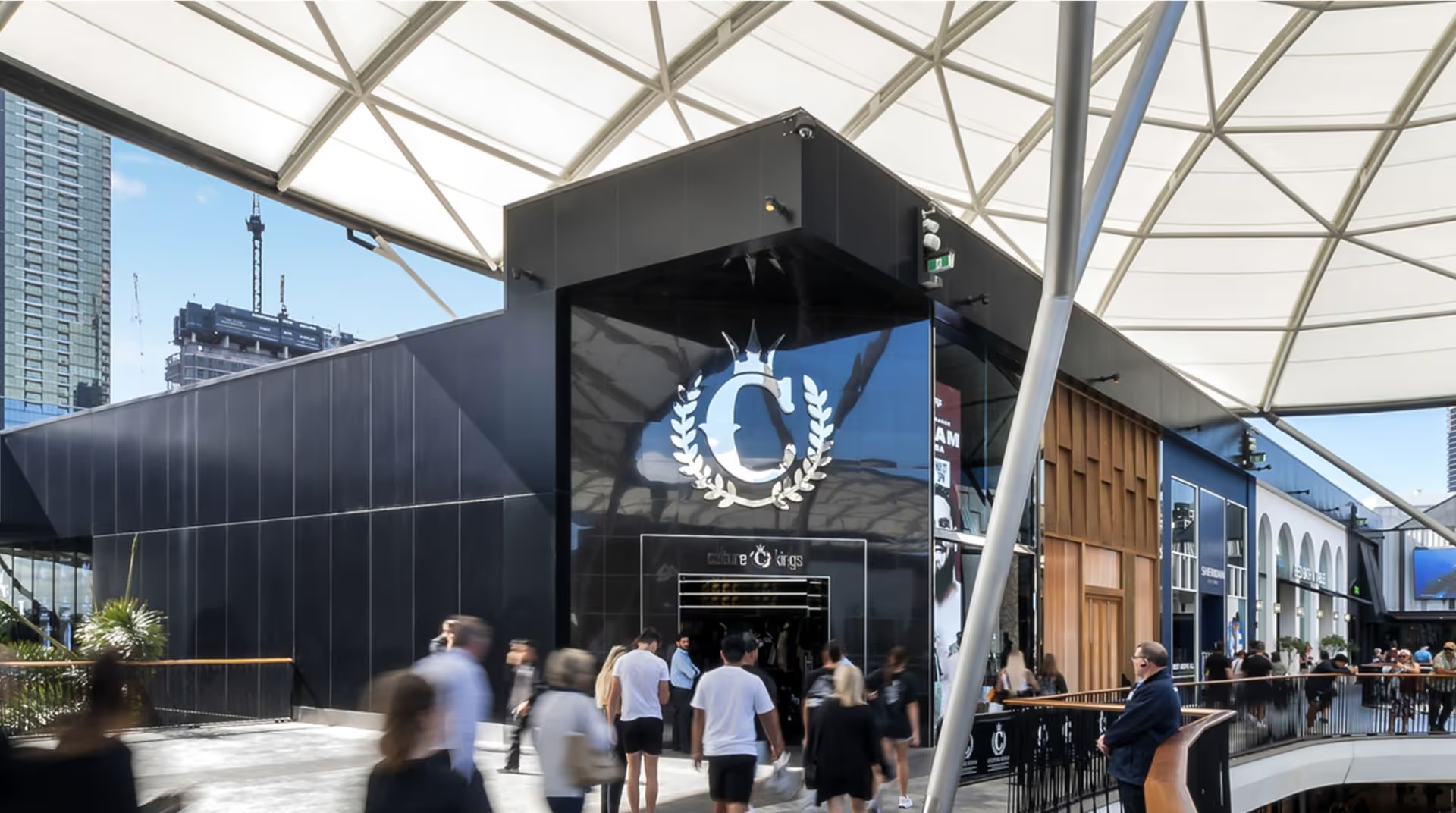
Building brands with powerful market presence
Leading Brands Choose us
Book in with one of our experts.
